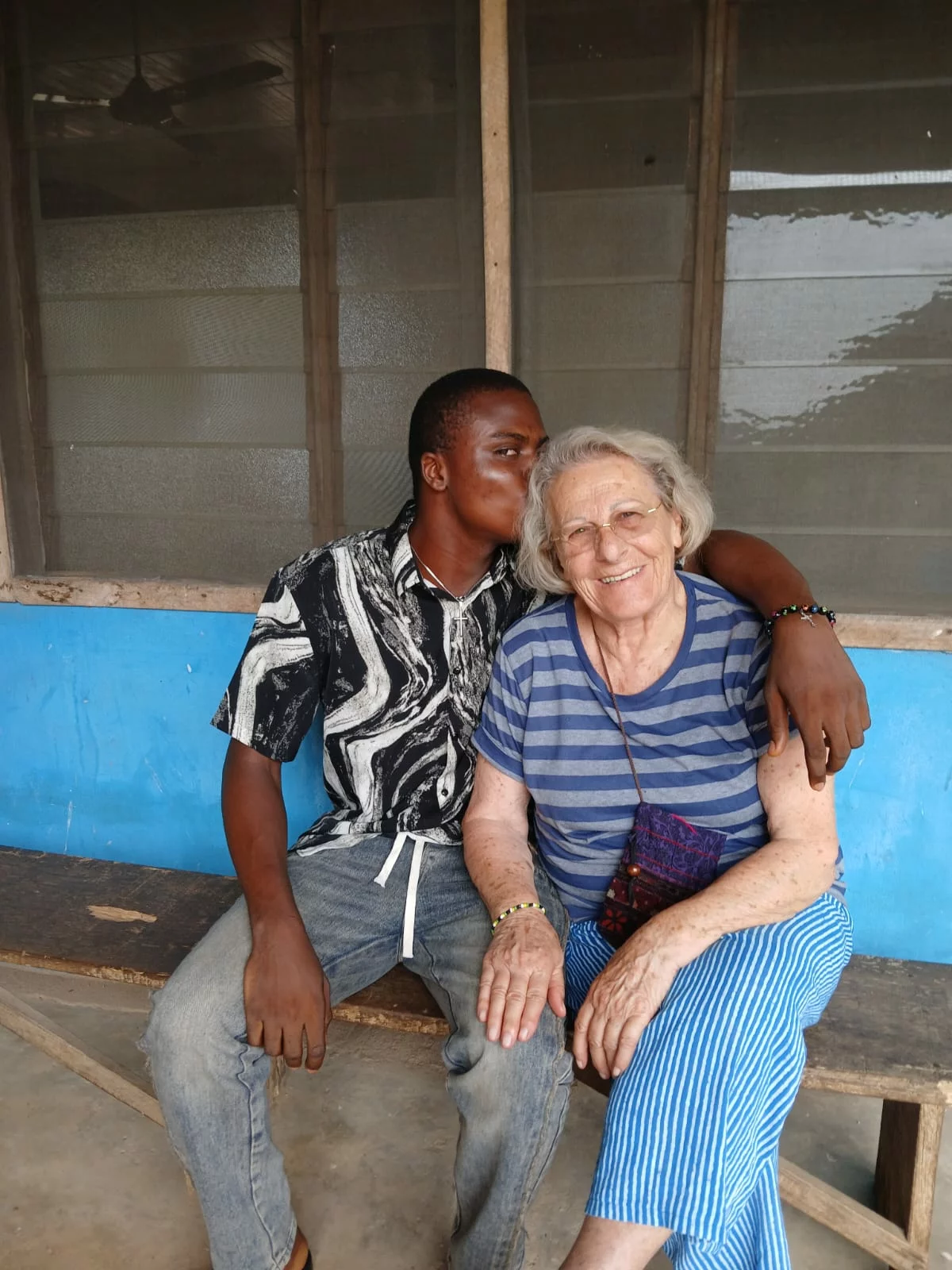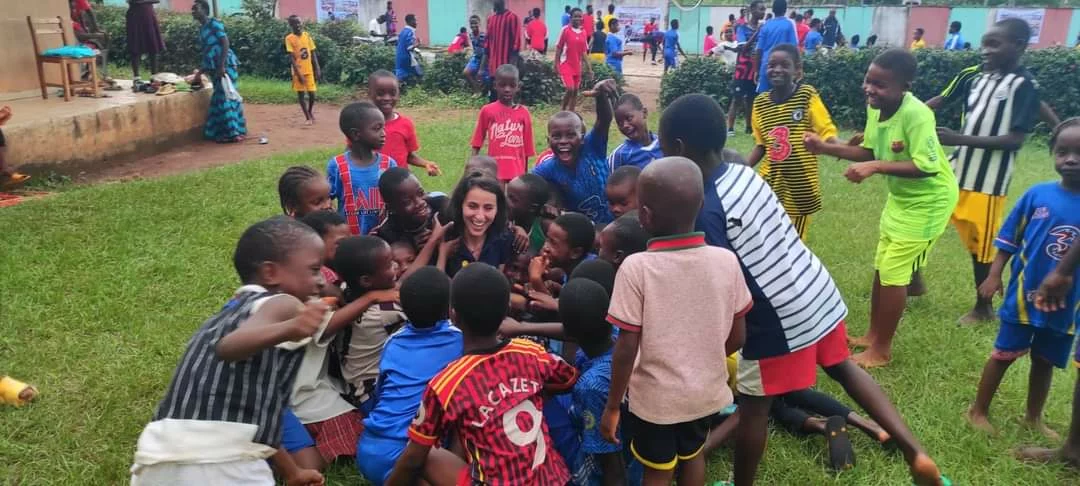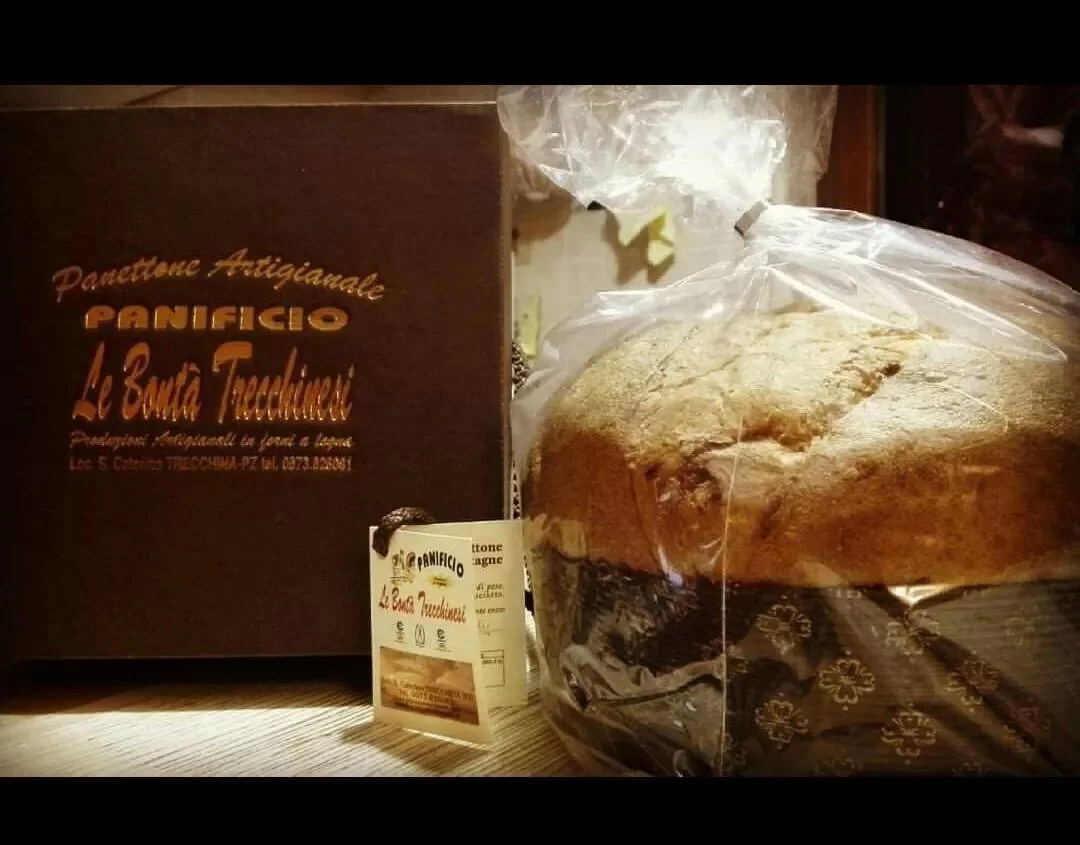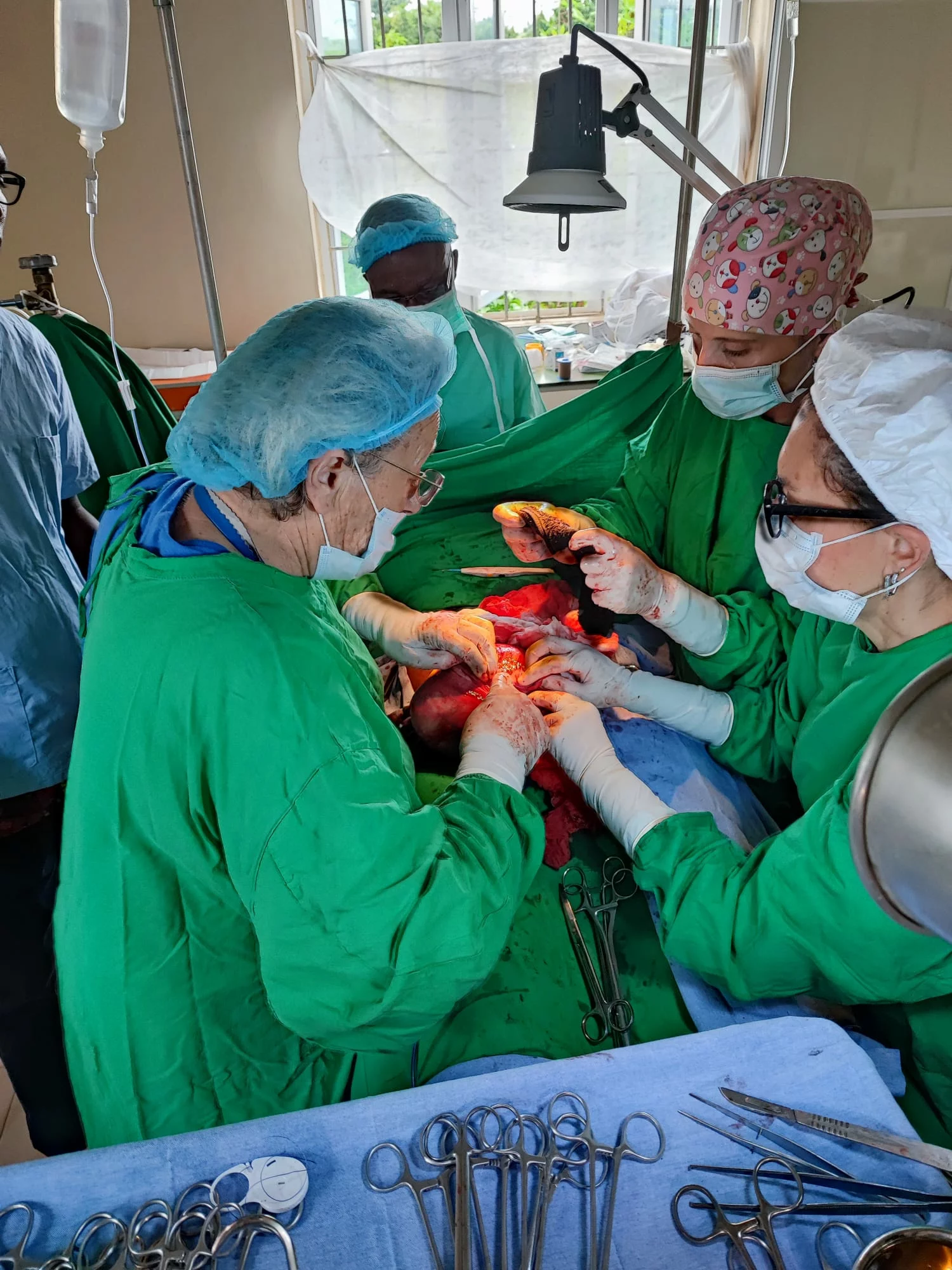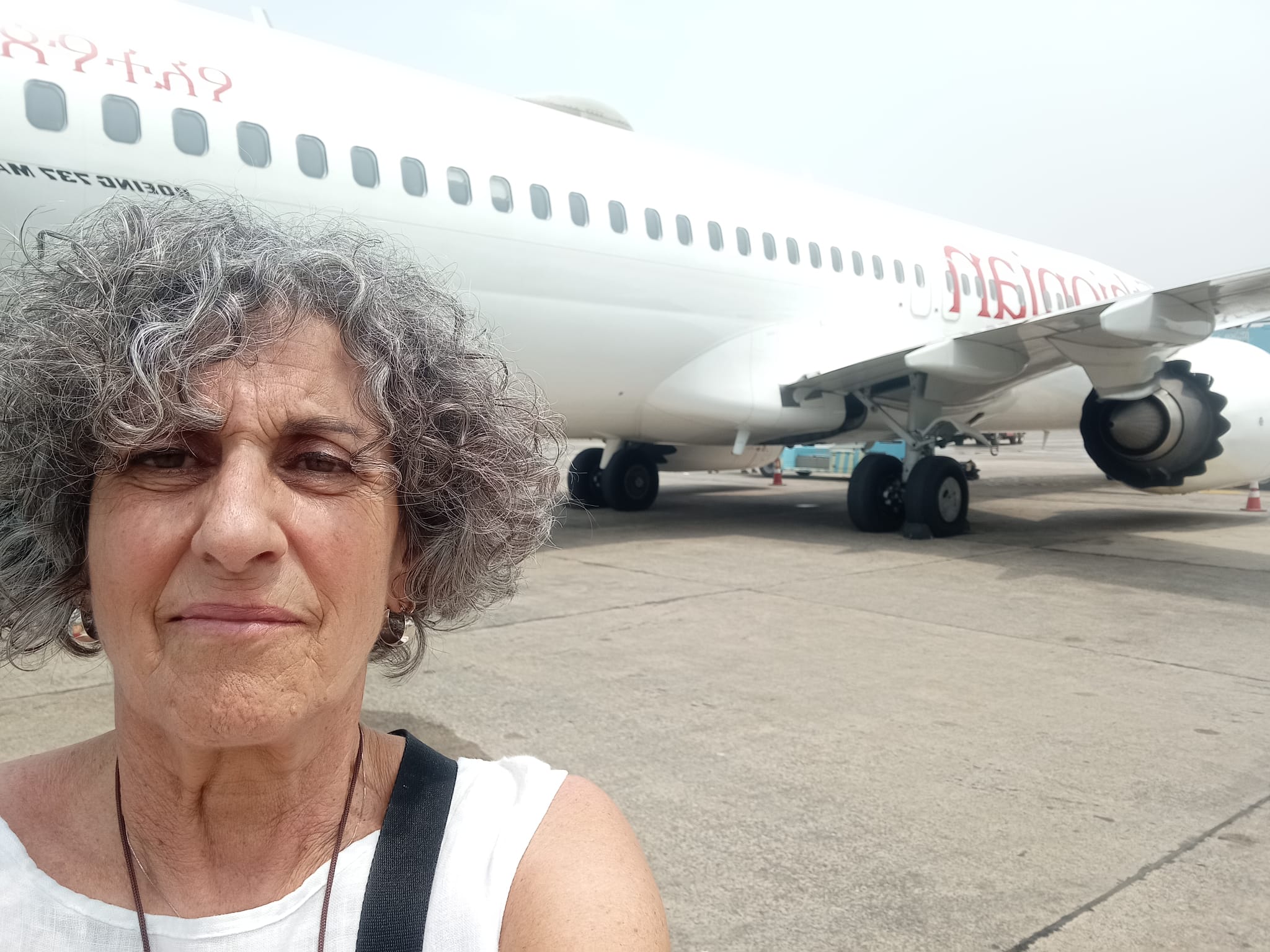
Humanitarian mission log: Lori Cohen
- Education/Training
COMMUNITY ALLOTMENTS IN NIGERIA
S.O.SOLIDARIETA’ is an international voluntary organisation established in July 2001, with the aim of promoting cooperation between peoples and the integral development of the human person which has as its specific purpose:
Since 2001 S.O.Solidarietà has been active in Nigeria with initiatives aimed at the implementation of cooperation programmes in the province of Owerri – IMO STATE (one of the small states stemming from the dissolution of Biafra), engaged both in the health sector and in the socio-economic sector with local development projects.
LEGA AMBIENTE CAMPANIA ONLUS was founded in 1980, and is the heir of the first ecological nuclei and of the anti-nuclear movement that developed in Italy and throughout the Western world in the second half of the 1970s. From the start, the distinctive feature of the association has been scientific environmentalism, i.e. the choice to base each project in defence of the environment on a solid basis of scientific data thanks to which it is possible to indicate realistic and viable alternatives. The scientific approach combined with the constant work of information, awareness and involvement of citizens, has guaranteed the deep roots of Legambiente in society to the point of making it the environmental organization with the most widespread diffusion in the Campania region.
Among the objectives of Legambiente Campania in recent years: the spread of "urban allotments". Redesigning the image of cities through urban allotments – a phenomenon followed with increasing interest by citizens and administrations – is a challenge that Legambiente has been meeting for some time with over 100 experiences already carried out in Campania that have made it possible to convert previously abandoned or completely abandoned areas to organic fruit and vegetable cultivation.
COMMUNITY ALLOTMENTS IN NIGERIA: CONTEXT
IMO State is one of the 36 states in Nigeria and is located in the southeast region of the country. It is rich in natural resources such as oil, gas and zinc. The climate is subtropical, the rainy season begins in April and ends in October with annual rainfall of 1,500 to 2,000 mm. The average temperature is about 20° with a relative humidity of 75% which reaches 95% during the rainy season. The period between January and March claims the hottest temperatures. The cultivation of vegetables in this area should not present any problems, sowing could be carried out between September and October and transplanting between October and November, leaving about 5 months ahead for the development of the plants and the harvesting of the crops. Given the climate, it is possible to cultivate all those species that in Italy are considered spring-sown, such as tomato, egg plants and pepper, leafy vegetables(chard, lettuce, etc.), legumes (chickpeas, peas, lentils) not to mention pumpkins, onions, etc. It is imperative that the varieties grown are not hybrid in order to enable farmers to reproduce the seed. In addition, it would be interesting to rediscover the local varieties that are often abandoned as urbanisation and deforestation drastically decrease the existing biodiversity.
African women in particular represent hope for the African continent. Their special relationship with the land is well known and their presence is essential in agricultural work. According to a study by the African Development Bank, women make up at least 40 to 50 percent of Africa's agricultural workforce. Unfortunately, however, they are also the most exposed to the effects of climate change. In addition, women's work would be more functional than men's in achieving food ssfety at home, ensuring greater variety and quantity of food to the new generations. Further proof of the importance of the role of women is in the spread of sustainable development.
For years, Legambiente has been engaged in debate on the relationship between women, respect for the environment and development, which has also turned into an exhibition of international profiles of women who have fought for respect for the environment and the rights of the weakest. Included among these profiles is an African, Wangari Mathai, a Kenyan woman and the first African to receive the Nobel Peace Prize in 2004. A woman who has always been involved in ecological battles through her movement "The Green Belt", a woman who is a symbol of the strength of African women.
COMMUNITY ALLOTMENTS IN NIGERIA: PROPOSAL
Solidarity, development cooperation, environmental protection and sustainability: the themes that are intertwined in the meeting between S.O.Solidarietà and Legambiente Campania. The two non-profit organisations through the "Social Allotment" project will attempt to transfer the culture of the social allotment to Nigeria, specifically to the province of Owerri (an area where S.O.Solidarietà has been operating for years). "Social allotment" means above all "inclusion and community". Entrusting a vegetable garden to a disadvantaged person does not only mean giving them the opportunity to produce their own food, but also to teach themselves about the possibility of implementing organic farming projects, building relationships, building community, reducing loneliness, occupying their time in a practical, effectively concrete and creative activity. In a further disadvantaged area such as Nigeria, allocating a small vegetable garden could have twice the results that are obtained with this practice in the "cities of well-being".
The aim is to transform part of an unused land located in the area where the Order of the "Sisters of Charity and the Precious Blood" operates, into social allotments. The sisters living in this community are involved in various projects, many of which are supported by S.O.Solidarity to give orphaned and vulnerable children and their mothers the security of their basic rights to life.
The Allotments will be set up by the project's own recipients, i.e. the women of the village, mothers or girls in difficulty, who will be able to find in it a way to face their difficulties and at the same time support their family with the production of vegetables or with the sale of the same in local markets.
SOCIAL ALLOTMENTS IN NIGERIA: PROJECT AND OBJECTIVES
The aim of the project is to work on the women-environment-development route in an effective way by giving the possibility, initially, to 10 women to set up 10 allotments. The young girls will be the protagonists of the project; And they themselves will put it into practice by creating their vegetable garden in the 100 square meters entrusted to them. Before moving on to the actual phase of implementation, the women will undergo training by a volunteer from the partner associations in the project who will follow its entire development. Through this training activity, which will be developed with the method of non-formal hands-on education "learning by doing", women will acquire greater skills and will be able to easily create their own garden.
Specifically, the training will cover:

